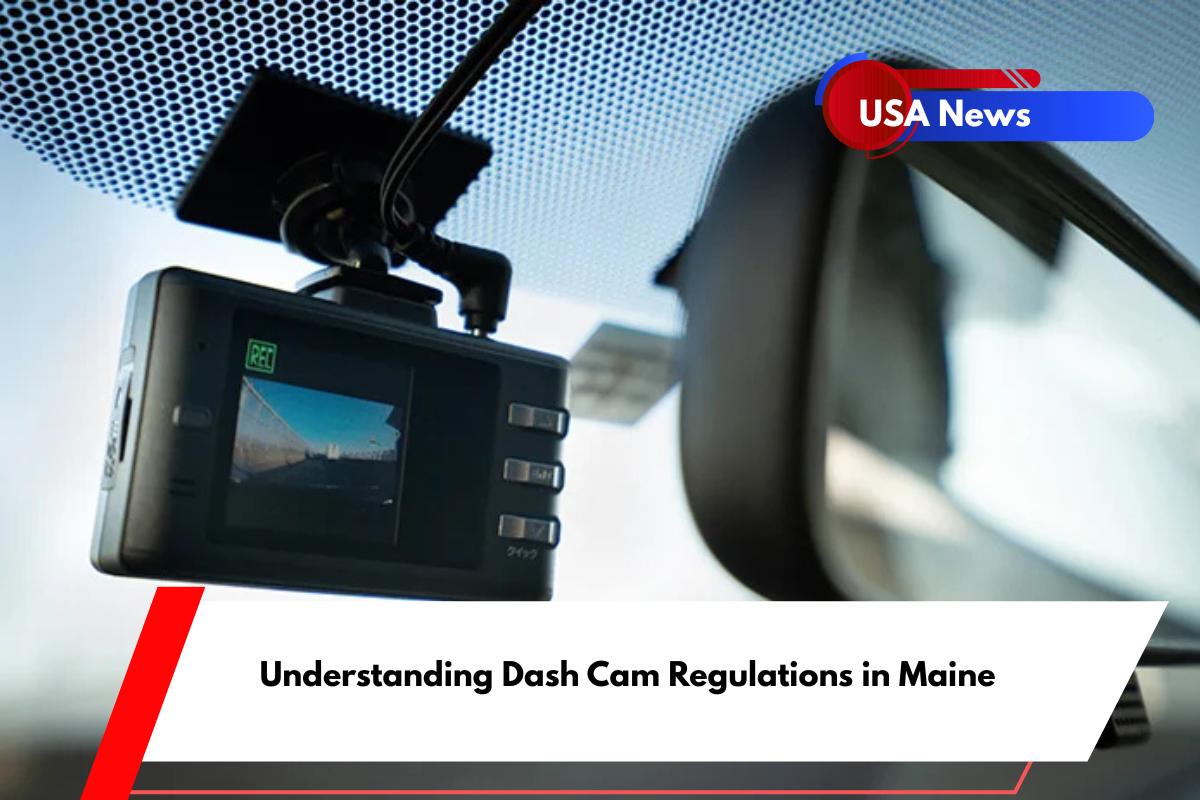Dash cam usage in Maine is generally straightforward and driver-friendly, but there are important regulations to be aware of regarding placement and audio recording.
Dash Cam Legality and Placement
Legality: Dash cams are completely legal in Maine. You may install and use a dash cam in your vehicle without special permissions, as long as you do not obstruct the driver’s clear view through the windshield.
Mounting Requirements: Dash cams can be placed on either the windshield or the dashboard, but they must not block the driver’s vision of the road and traffic conditions. The primary rule is that nothing—including dash cams—should obscure the driver’s view.
Exemptions: Maine law exempts “required or supplied vehicle equipment,” which may sometimes include dashboard cameras, but this does not override the requirement to maintain clear visibility.
Audio Recording Laws
Consent: Maine is a “one-party consent” state for audio recordings. This means you can legally record audio of any conversation in which you are a participant, even if others in the conversation are unaware of the recording.
Privacy Considerations: If your dash cam records conversations in which you are not a participant (for example, between other passengers), this could raise privacy issues and may complicate the admissibility of the footage in legal proceedings. Always consult a legal professional if you have concerns about audio recording.
Use of Dash Cam Footage
Evidence in Court: Dash cam footage can be used as evidence in court cases, including personal injury claims, provided the footage is authentic, unaltered, and relevant. The footage must be authenticated before it can be admitted as evidence.
Insurance Claims: Dash cam footage is also commonly used to support insurance claims, as it can provide clear documentation of accidents and road conditions.
Best Practices
Avoid Obstructing the View: Always mount your dash cam in a position that does not interfere with your ability to see the road clearly.
Notify Passengers: While not strictly required by law, informing passengers that they are being recorded (especially for audio) is a good practice and can help avoid privacy disputes.
Check for Updates: Laws and regulations can change, so periodically review current state guidelines to ensure ongoing compliance.
Sources:
1. https://www.ddpai.com/blog/dash-cam-laws/
2. https://facit.ai/insights/dash-cam-laws-by-state
3. https://matrackinc.com/dash-cam-laws-by-states/













